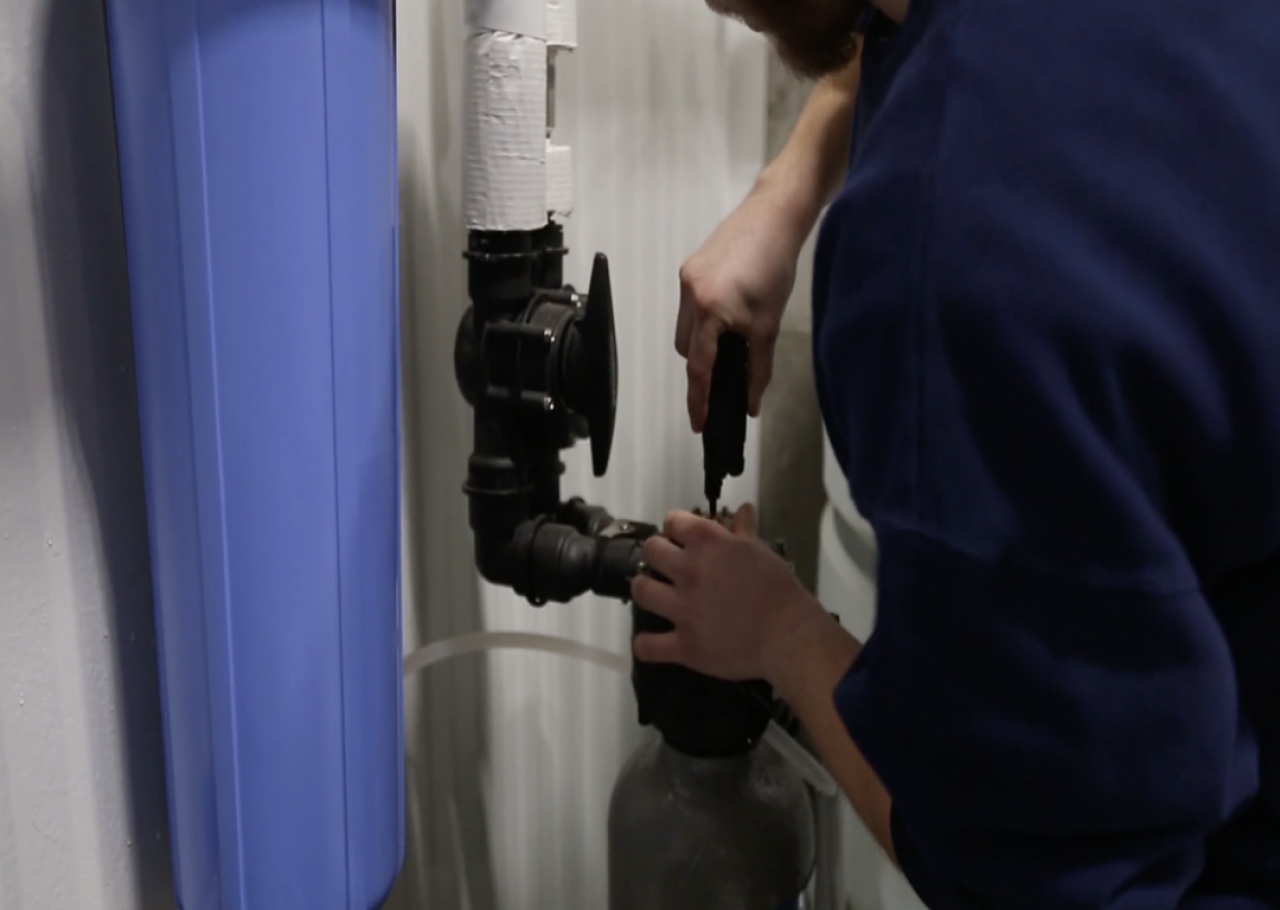How to Choose the Right Water Filter for Your New Home

Just moved into a new home in Vermont? Congratulations! Between settling in and learning the quirks of your new space, there’s one crucial thing you shouldn’t overlook—your water. Whether it comes from a private well or a municipal system, your home’s water quality can directly affect your family’s health, your appliances, and even your peace of mind. The good news? Choosing the right water filtration system doesn’t have to be complicated. With the right guidance and a few smart steps, you can ensure your home’s water is clean, safe, and enjoyable to use.
Start With a Water Test
Before making any decisions, it's important to understand exactly what’s in your water. Vermont’s diverse terrain and older housing stock mean that water quality can vary greatly from one property to another. Common issues include hard water, which causes scale buildup; iron and manganese that stain fixtures; and potentially harmful contaminants like PFAS, lead, and bacteria.
Here are some of the most common contaminants found in Vermont water:
Hard Water: Excess minerals that leave white residue and damage pipes
Iron and Manganese: Cause rust stains and a metallic taste
Lead: Often found in older pipes and fixtures
PFAS: Known as “forever chemicals,” linked to serious health concerns
Chlorine and Disinfection Byproducts: Affect taste and odor, may pose long-term risks
Bacteria: Particularly in private wells or shallow groundwater supplies
A professional test—especially if your home is on a well—is the only way to know for sure what you’re dealing with. While basic home kits exist, expert water testing provides the depth and reliability needed to make an informed decision. Clear Water Filtration offers comprehensive services tailored to Vermont homeowners.
Find the Right Filtration System for Your Needs
Once your water has been tested, the next step is matching the solution to the problem. There are several types of water filters, and each serves a different purpose depending on what contaminants need to be removed.
Whole-house filtration systems are ideal if your water has widespread issues like sediment, iron, or high hardness levels. These systems treat water at the point it enters your home, ensuring that every tap—whether in the bathroom, kitchen, or laundry room—delivers cleaner water.
Under-sink filters work well for those primarily concerned with drinking and cooking water. Installed under your kitchen sink, these systems are effective at removing contaminants like chlorine, lead, PFAS, and volatile organic compounds (VOCs).
Reverse osmosis systems offer one of the most thorough purification methods, removing up to 99% of total dissolved solids, including arsenic, fluoride, and nitrates. These systems are often used in homes where water safety is a serious concern, such as those with small children or immunocompromised residents.
For short-term or low-budget options, countertop and pitcher filters are a convenient choice. While these don’t handle more serious contamination, they can improve taste and odor, making them suitable for renters or homes with relatively clean water.
Consider Your Lifestyle and Long-Term Goals
Choosing a filter isn’t just about what works today—it’s about finding a system that supports your future plans. If you’re growing your family, for instance, you may want a system that removes lead, bacteria, and other child-sensitive contaminants. For older homes, additional filtration may be needed to offset potential risks from aging plumbing.
Think about these long-term lifestyle factors when selecting your system:
Are you expanding your family or planning to stay long-term?
Do you need protection from older plumbing infrastructure?
Will this be a rental or resale property down the road?
Are you seeking low-maintenance or service-supported systems?
Also, consider how much maintenance you're comfortable with. Some filters need to be replaced every few months, while others are designed to last a year or more between changes. Factor in the cost of replacement filters, ease of installation, and whether you prefer to handle maintenance yourself or work with a professional. Whole-house systems generally require professional installation and occasional servicing, whereas under-sink and countertop systems are often more DIY-friendly.
Don’t Overlook Water Softeners and Add-Ons
If your water test shows high mineral content, a water softener might be necessary to prevent scale buildup that damages plumbing and reduces the efficiency of appliances. In homes with bacteria concerns—especially those using well water—a UV disinfection system can be added to eliminate pathogens.
These systems often work best when paired with traditional filtration, giving your home full-spectrum protection against both aesthetic issues and health risks.
Set Yourself Up for Success
Every new home comes with a learning curve. Understanding your water quality and investing in the right filter is one of the most important ways to protect your family’s health and comfort. Start with a water test, evaluate your specific needs, and choose a solution that fits your home, lifestyle, and long-term plans.
Whether you’re in a Burlington bungalow, a rural farmhouse in Caledonia County, or a newly built home in Essex, Clear Water Filtration is ready to help you take the guesswork out of water quality. We provide professional testing, tailored system recommendations, and expert installation—all designed with Vermont families in mind.
Service Locations:
Vermont: Washington, Lamoille, Addison, Orleans County, Caledonia, Chittenden, Essex, Franklin, Grand Isle, Orange, Rutland, Windham, Windsor